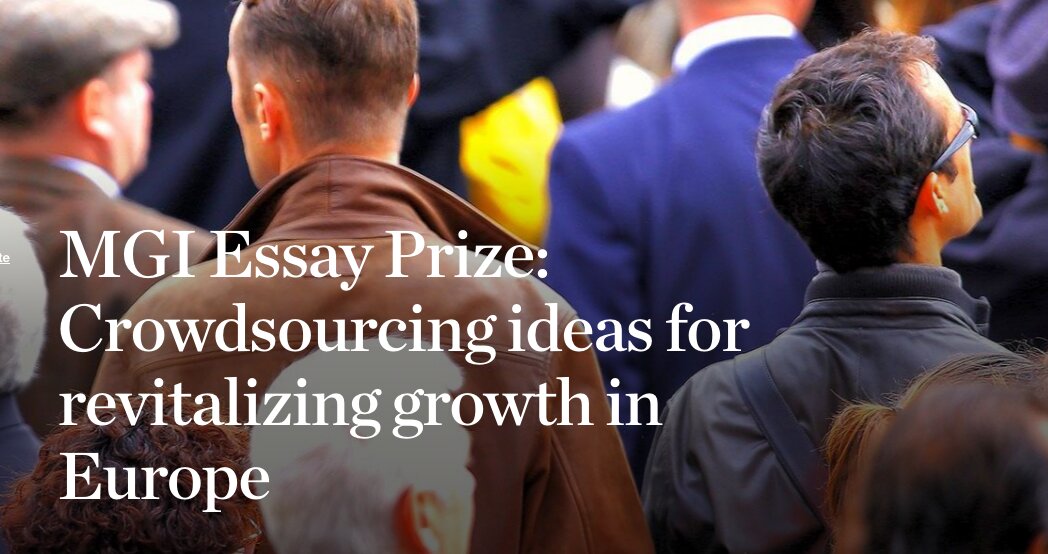A New Name for Modern Trade Deals: Asset Value Protection Agreements

An alternative view of twenty-first-century economic partnership pacts.
|
The Knowledge-based and Data-driven Economy: Quantifying the Impacts of Trade Agreements

Intellectual property (IP) and data constitute the essential capital stocks of the knowledge-based and data-driven economy. These intangible capital stocks are not, however, represented in the workhorse models used to assess the impact of international trade agreements. As a result, it is not possible — using conventional tools — to evaluate the impact of treaty obligations in respect of IP protection, e-commerce and data; foreign direct investment in the knowledge-based sectors; and competition. Read more...
|
Brexit's Impact on Trade
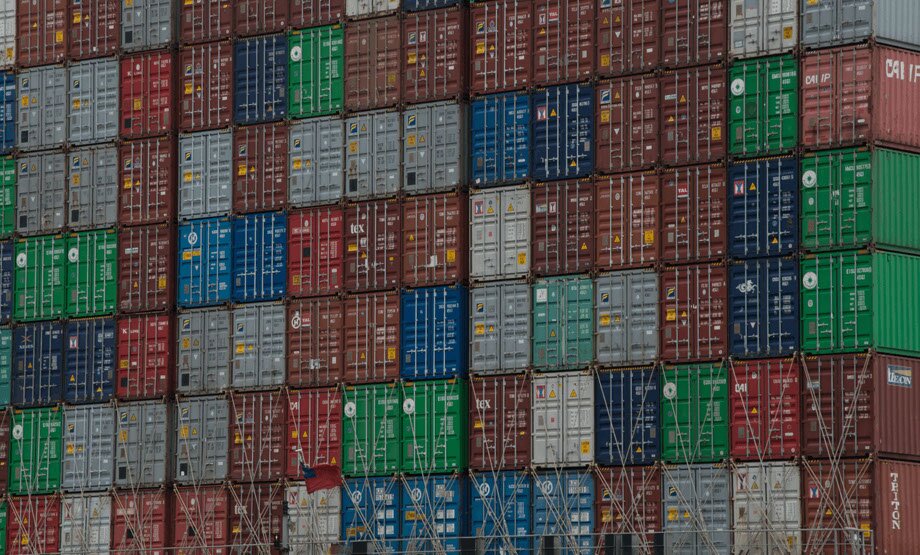
This note discusses the scale of the risks to bilateral UK-EU trade under alternative scenarios for the UK leaving the Union, including a hard Brexit, a soft EFTA-like Brefta, and the scope for the foregone UK-EU trade to be made up through alternative agreements. It comments on the risks to cross-Channel value chains, and the implications for cumulative welfare losses of the dynamic path to an eventual new equilibrium.
|
How America could spark an economic war with China
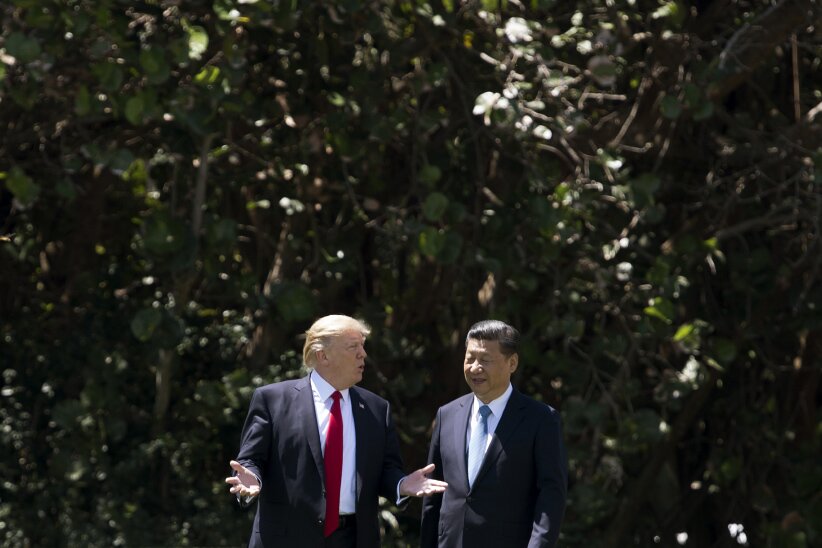
How America could spark an economic war with China. In the anarchical world of pure power politics, if the U.S. decides international trade rules no longer apply to it, would China conciliate or retaliate?
Macleans, 12 April 2017. Read more.
|
How should a truly Global Britain seek to upgrade its trade relationships beyond the EU?

How should a truly Global Britain seek to upgrade its trade relationships beyond the EU? Ciuriak Consulting developed the gravity model analysis to support Open Europe’s analysis of trade options for the United Kingdom post-Brexit. Read more.
|
Brexit: the Impact of a UK Exit from the EU Single Market
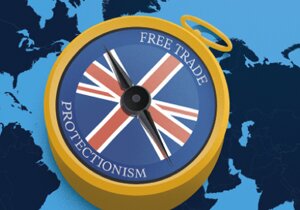
Ciuriak Consulting conducted the quantitative trade- and investment-related impact analysis for Open Europe’s comprehensive evaluation of an exit by the United Kingdom from the European Union single market. The study develops alternative scenarios regarding what would replace the current single-market relationship and weighs the costs of exit against the potential benefits available to the UK from liberalization against the rest of the world. Read more.
|
Mega Regionals and Industrial Policy
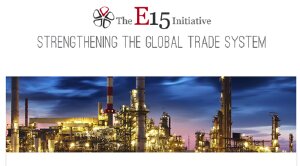
Dan Ciuriak and Harsha Singh analyzed the implications of the regulatory framework for global commerce that is taking shape in the negotiation of the mega regional trade agreements.
|
The Canada-Korea FTA
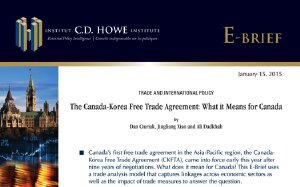
The Ciuriak Consulting team developed an analysis of the implications for Canada of the Canada-Korea Free Trade Agreement in a recent
|
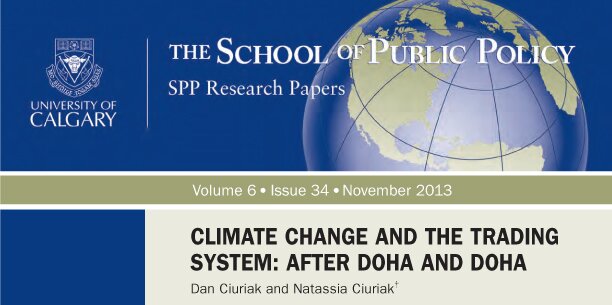
Climate change and trade are colliding without agreed rules to sort out the problems at their intersection.
Read more.
|
Reindustrialization in North America: A Canadian Perspective
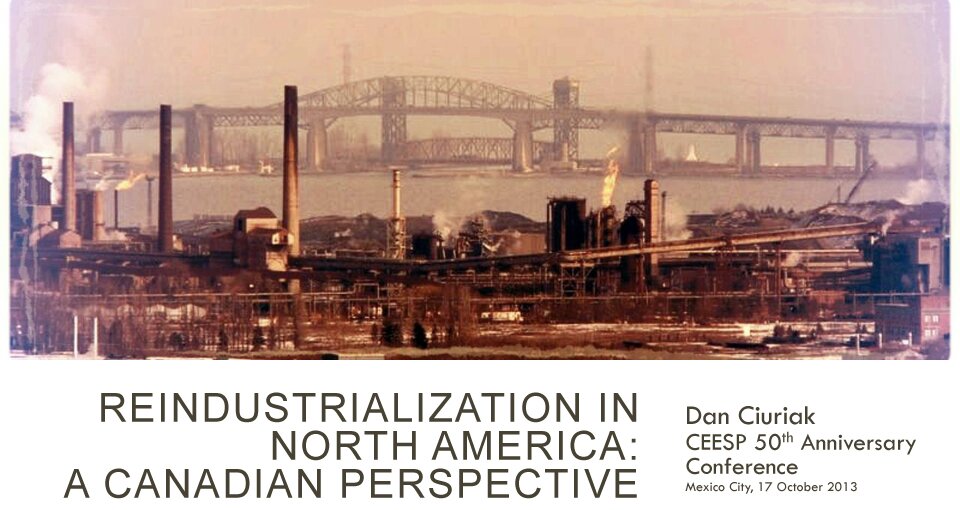
Three decades of supply side policy have hit the wall just as three decades of demand side policy hit the wall in the 1970s. The solution? Embrace the 60-40 world.
Download here.
|
|
How Small Open Economies Can Leverage the Trade in Ideas

The term “freedom to operate” (FTO) describes a situation where commercial activity can be undertaken without infringing on intellectual property rights held by other parties. In current practice, FTO is established through an opinion based on patent search that a course of action is non-infringing on third party intellectual property rights, through a cross-licensing agreement between parties holding patent portfolios that might trigger infringement depending on the precise nature of a prospective commercial undertaking, acquiring patent rights, or a similar but less costly stratagem of defensive publishing (which in theory prevents others from acquiring patents). Read more...
|
The NAFTA Renegotiation: What if the US Walks Away?

The US request to renegotiate the North American Free Trade Agreement (NAFTA) opens up the possibility of the trade agreement lapsing. In "The NAFTA Renegotiation: What if the US Walks Away?" authors Dan Ciuriak, Lucy Ciuriak, Ali Dadkhah, and Jingliang Xiao evaluate what would happen if trade between Canada, the United States and Mexico reverted to the rules under the World Trade Organization. Read more...
|
The Art of the Trade Deal: Quantifying the Benefits of A TPP Without the United States
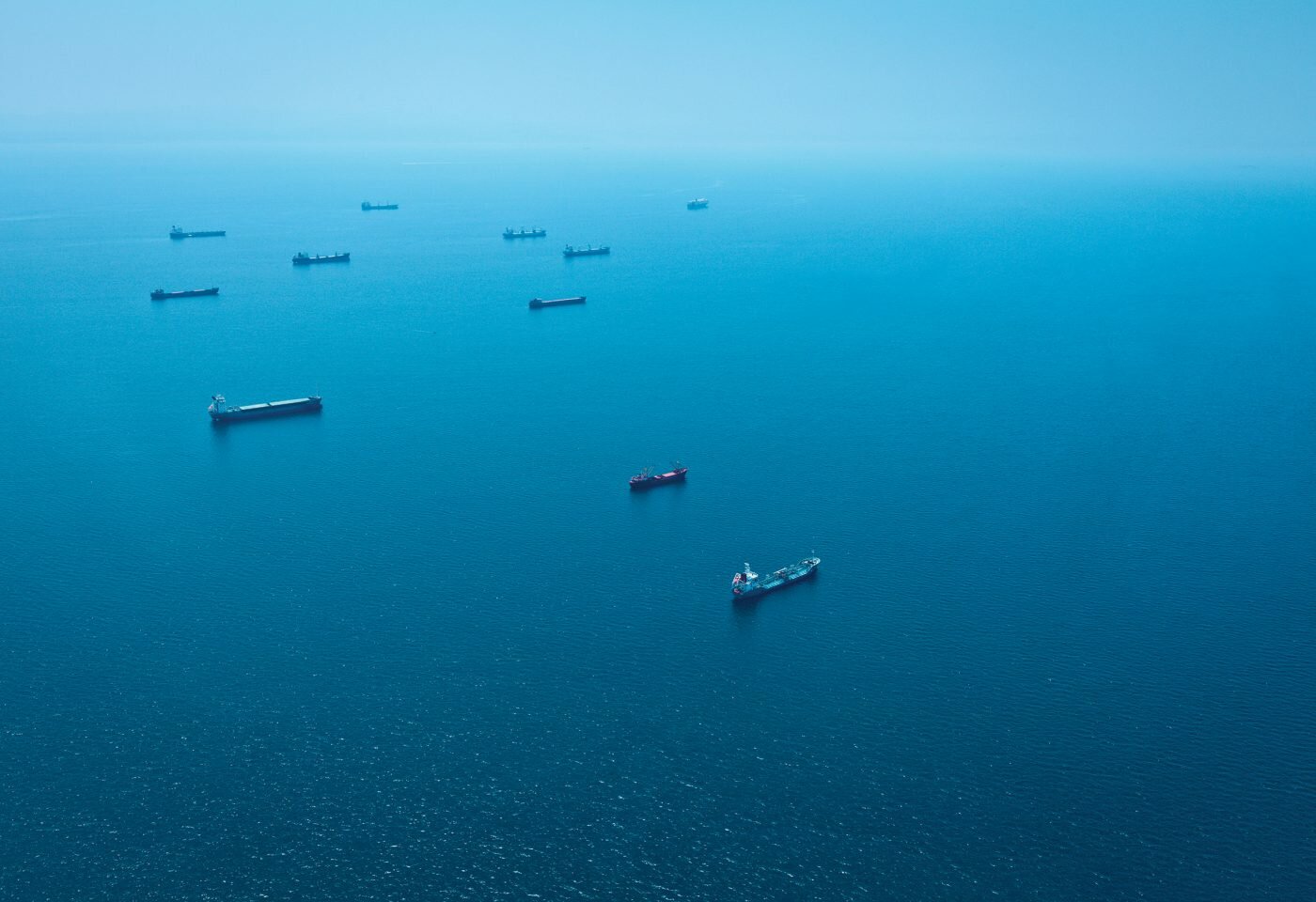
The Trump administration’s swift exit from the TPP has clearly not killed the deal as the remaining signatories consider whether to move ahead without the United States. While the overall impact of the deal would be lower without the U.S., the 11 remaining countries are better off with a TPP11 than without any agreement at all -- and some economies, including Canada, Mexico and other TPP parties in the Americas, would be better off compared to the 12-member TPP.
|
Aftershocks: Quantifying the Economic Impacts of a US Border Adjustment Tax

Aftershocks: Quantifying the Economic Impacts of a Us Border Adjustment Tax. Read more.
|
Intellectual Property Proliferation: Strategic Roots and Strategic Responses
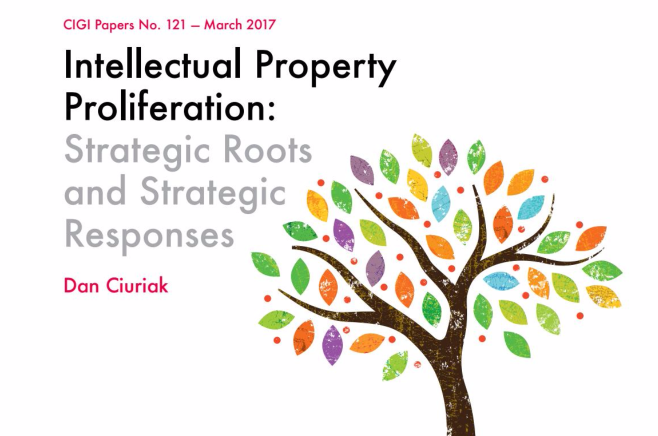
CiuriaIntellectual Property Proliferation: Strategic Roots and Strategic Responses. With China surging to the global lead in issuing patents, a strategic race is shaping up to enclose the knowledge commons. Read more.
|
Province-Level Impacts of the Canada-Korea Free Trade Agreement

Ciuriak Consulting associates contributed an article to the Asia Pacific Foundation of Canada’s Asia Agenda on the impact of Canada’s trade agreements at the provincial level.
|
Canola Market Impacts under the TPP

Ciuriak Consulting quantified what’s at stake for Canada’s canola sector in the TPP negotiations in a study for the Canola Council of Canada.
|
Improving Market Access for Small Enterprise

Dan Ciuriak with coauthors Hanna Melin and Derk Bienen contributed an analysis of the design principles for the mega regional trade negotiations to facilitate SME utilization of these agreements. Published in the Brazilian edition of the International Centre for Trade and Sustainable Development’s journal, Pontes.
|
Canada’s Economic Diplomacy in China
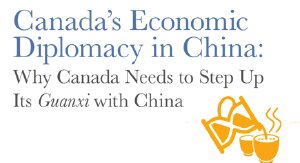
Dan Ciuriak contributed an analysis of Canada’s economic diplomacy in China to the 2014/15 edition of the Canada-China Business Council’s Forum magazine.
|
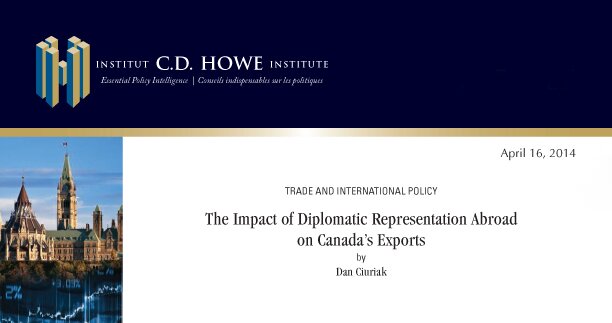
Economic diplomacy boosts exports – and quite significantly. This new study sheds light on the questions of where, why and how.
|
The Resurgence of Industrial Policy and What It Means for Canada

Industrial policy, though long considered taboo in advanced Western economies, is reentering polite policy discussion.
|
Invest in Ethiopia - The Emerging Workshop of Africa
Meet Africa's newest "Lion Economy".
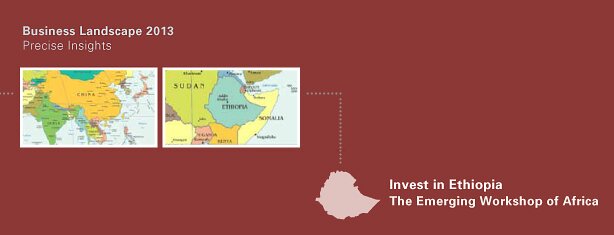
|
|

